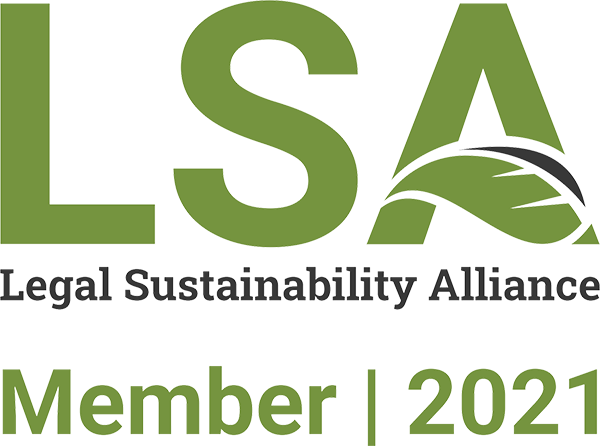The European Commission has made available a set of guidelines to the Member States to guide the contracting authorities in the public procurement procedures carried out during the emergency related to the Covid-19 crisis.
The guidelines provide an overview of the legal possibilities available to contracting authorities for the rapid purchase of essential goods and services, including, where appropriate, additional infrastructure. The Commission thus confirms that the European legal framework for public procurement already provides all the necessary tools to meet these needs.
Although it also mentions the possibility of shortening the terms of the open or restricted tender procedures (to 10-15 days), the Commission focuses on the contracting authorities’ right to use the negotiation procedure without prior publication (“negotiation without publication”). In addition to direct acquisitions, this mechanism is currently used in Romania for the purchase of goods needed by hospitals, in order for the authorities to take action at the greatest technical and physical pace, the only constraints being those related to the actual availability and speed of delivery.
The Covid-19 pandemic has been expressly described by the Commission as a case of extreme urgency that entitles contracting authorities to use negotiation without prior publication of notice. As contracting authorities derogate from the principle of transparency by using negotiation without publication procedures, the use of this procedure should be seen as an exceptional situation.
For this reason, each contracting authority must carefully evaluate the fulfillment of the four cumulative and restrictive (emphasis added) conditions set by the European Court of Justice (see for instance cases C-275/08, Commission v Germany, and C-352/12, Consiglio Nazionale degli Ingegneri).
Conditions
- The existence of events which are unforeseeable by the contracting authority in question
The Commission deems the COVID-19 related events (the daily increase of the number of infected patients requiring medical treatment) as unforeseeable events for any contracting authority because the needs of hospitals and other healthcare institutions to provide treatment, personal protection equipment, ventilators, additional beds and additional intensive care and hospital infrastructure could not be foreseen and planned in advance.
There are already criticisms within the European legal judicial area as to the extent to which the Commission’s statement is fully correct. This view has also been embraced by Nassim Tabel, the author of the international bestseller Black Swan, who considers that the Covid-19 pandemic is not a Black Swan event. The author considers the Black Swan as an unforeseeable, unlikely event with high impact which appears despite the lack of probabilities of inexistence and despite the measures taken.
- The existence of an extreme urgency that makes it impossible to comply with general deadlines
The Commission’s view on this criterion is quite interesting. If the contracting authorities decide to use negotiation without prior notice, the procurement need must be satisfied without delay. The contracting authorities cannot use this procedure for the contract awarding if the award would take longer than it would have taken if a transparent, open or restricted, procedure had been used, including accelerated (open or restricted) procedures.
- Causal link between the unforeseeable event and the extreme urgency
Regarding the third condition, the Commission correctly states that, for the satisfaction of the immediate needs of hospitals and health institutions within a very short timeframe, the causal link with the COVID-19 pandemic cannot be doubted.
- Exclusive use to cover the gap until more stable solutions can be found
Finally, the Commission notes that negotiated procedures without prior publication may offer the possibility to meet immediate needs. They cover the gap until more stable solutions can be found, such as framework contracts for supplies and services, awarded through regular procedures (including accelerated procedures).
Strategies
The Commission also provides guidance on the strategy that Member States should follow.
Contracting authorities may use innovative digital tools to find alternative solutions. For example, they may launch hackathons for new concepts that would enable reusing protective masks after cleaning, for ideas on how to protect the medical staff effectively, for ways to detect the virus in the environment.
Apart from innovative digital tools, the Commission also recommends contracting authorities to also consider contacting potential contractors within and outside of the EU by phone, e-mail, to hire agents that have better contacts in the markets, to send representatives directly to the countries that have the necessary stocks and can ensure immediate delivery or to contact potential supplier to agree to an increase in production or the start of renewal of production.
Conclusions
The Commission’s guideline is a practical, clear and very useful tool for contracting authorities in the Member States.
As it remains unclear when the need for ventilators or other medical devices will no longer be considered an unforeseeable event, the contracting authorities should carefully follow these guidelines, and it is strongly recommended that exceptional procurement procedures be used on short and medium term only.
Sources:
https://eur-lex.europa.eu/legal-content/EN/TXT/?uri=uriserv%3AOJ.CI.2020.108.01.0001.01.ENG








